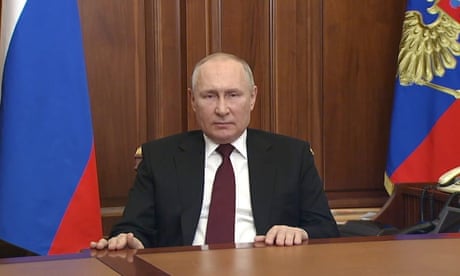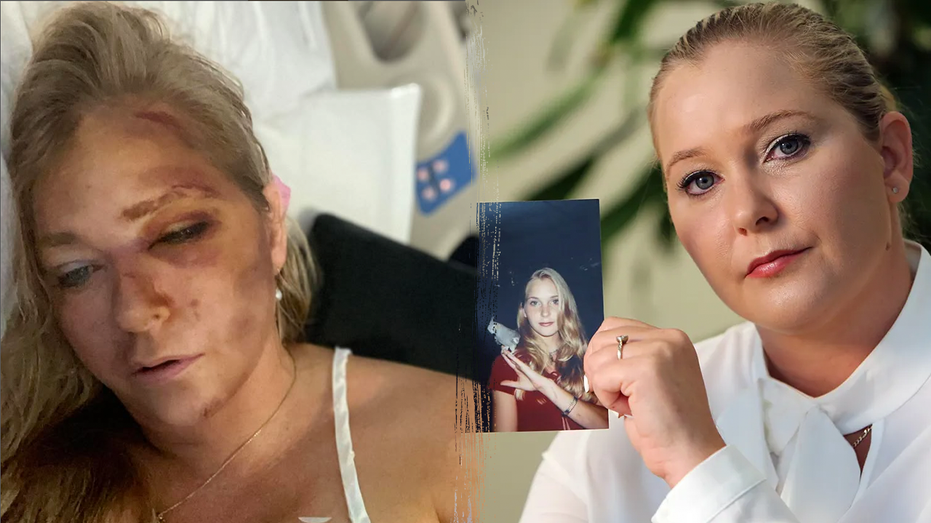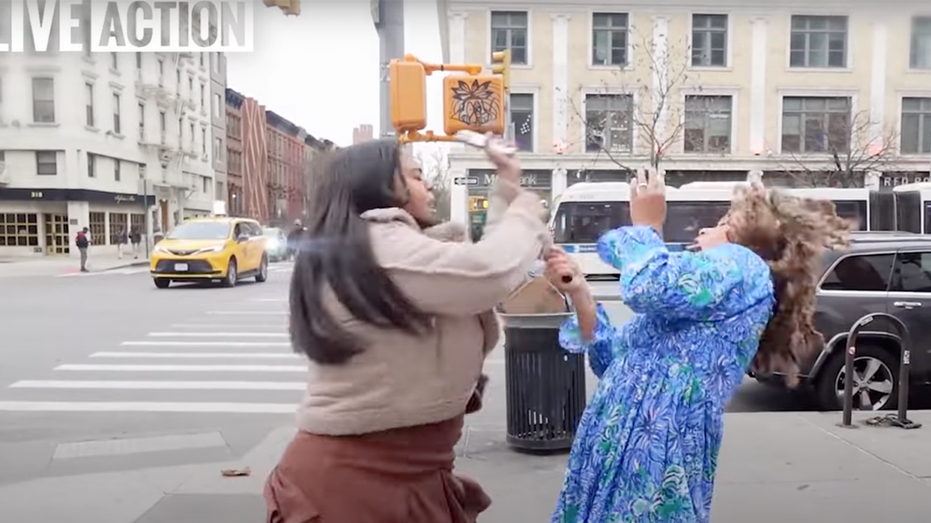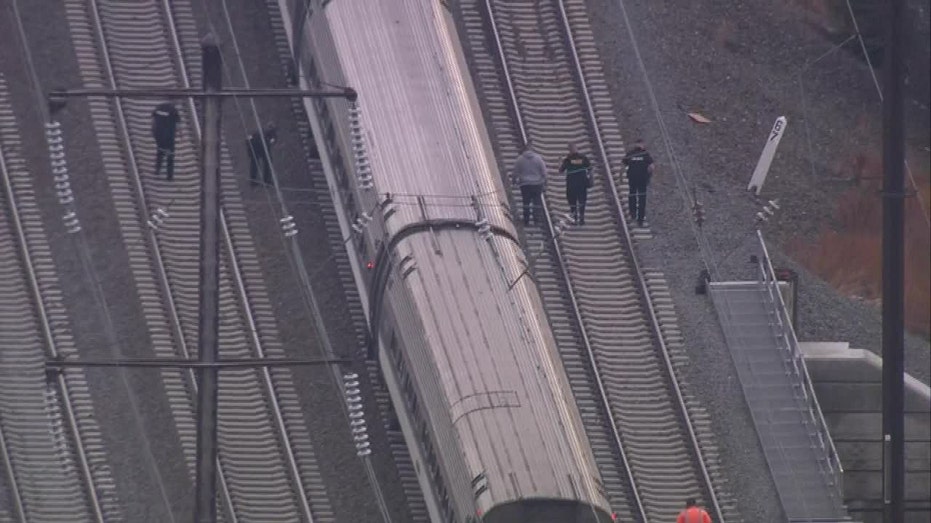- by foxnews
- 05 Apr 2025
Vladimir Putin: What’s going on inside his head?
Vladimir Putin: What’s going on inside his head?
- by theguardian
- 27 Feb 2022
- in news

You've all seen it now. The small, mean, vicious yet weirdly blank eyes. The stubby stabbing fingers that jab as he humiliates his underlings, making them shake with fear. The joy he takes in sadism. It's almost comedy villain stuff. But cliches exist for a reason. And we need to stop kidding ourselves about Putin - and start taking steps to deal with him.
For decades we've wanted to avoid the challenge. Not so much appease as just hope he goes away. It's a headache having to face up to the blunt fact that Putin is trying to utterly change the world. His aims are impossible to ignore now. The Kremlin's foreign policy thinktanks are already churning out articles about how his invasion of Ukraine means the start of a "multipolar world". Ignore the geopolitical PR. All multipolar means here is emboldened fascism. Before the political scientists among you get all carried away debating endlessly what "fascism" means let me explain my terms.
I mean Orwell's boot stamping endlessly on people's faces. I mean the underlying psychology that shines through in the violence that suffuses all of Putin's language. Just last week, to give one small example, as Putin spoke with Macron, the Russian president casually invoked a Russian rape joke about Sleeping Beauty to explain what he would soon do to Ukraine. Conflating Ukraine and Sleeping Beauty, he gleefully put himself in the role of the rapist: "Whether you like it or not my beauty, you will need to put up with all I do to you." (It rhymes in Russian.)
I mean the way he uses grievance narratives, always complaining how the world has put him down. There are many people - minorities, the economically disadvantaged - who bear righteous grievance. But when the world's richest man, a blatant bully, does it, it means something else.
The German psychoanalyst Erich Fromm, in his great study of the Nazi mind, described how for the Nazis claiming they were victims was really a way to excuse how they would victimise others. It's the same for Putin. His regime is, on the surface, nothing like the Nazis. Russia has its own totalitarian traditions to tap into. But the underlying mindset is the same.
Even his claims to Russia's "spheres of influence" are more about his state of mind than international relations. The issue here is not about rational security demands which can be defined in negotiations and balanced with the security concerns of others - not least Ukraine.
Putin's sphere of influence waxes and wanes. It can mean the Russosphere, the 100 million or so Russian speakers who live beyond Russia's borders, many in the EU. It can mean the mystical idea of a "single people" that encompasses Russia, Ukraine and Belarus. It can denote much of central Europe, the countries which, according to Russia's foreign affairs ministry, were "orphaned" by the end of the USSR and now, it's implied, need to return to the suffocating embrace of Moscow.
Henry Dicks, the psychoanalyst who studied Nazi soldiers during the second world war, came to the conclusion that Hitler's idea of Lebensraum, the land (much of it in Ukraine) Germans claimed belonged to them, was not just a geopolitical idea but a sign of a psychology that was so steeped in humiliation it grabbed things outside itself to sate its sense of endless inadequacy. Like an angry infant that doesn't understand its own borders, grabbing things beyond it and screaming "mine!" This is the endless cycle in these regimes: a culture of humiliation; a sense of inadequacy; aggression.
But let's not over-focus on the Nazis - that always makes us feel good because we fought them. Putin reminds us of the worst about ourselves as well. The day the invasion launched, at the UN, it was the representatives from Kenya and Ghana who grasped the meaning of what was going on the quickest, comparing Ukraine to their own colonial legacy. "We must complete our recovery from the embers of dead empires in a way that does not plunge us back into new forms of domination and oppression," said Kenya's permanent representative.
It might be comforting to think of Putin as merely a throwback to the past - but his ambition is for his worldview to dominate the future, and his mindset to be normalised.
He does not think parochially. He is already threatening Finland and Sweden. His theory is to attack his great adversaries - the EU, Britain and America - in any way he can to keep us weak and clear his way. He has been doing it for years by making Europe addicted to his energy, Britain to his corruption, everyone intimidated by his assassinations.
For decades we tried to tell ourselves this was just an inconvenience, that ultimately he just wanted a stake in a world, or at least a transatlantic space, where wars were over. He didn't see it that way. His political and economic warfare will now increase - to pave the way for more kinetic wars.
Today this is all focused on one place: Ukraine. Which Putin is invading, bombing, murdering with impunity. He claims Ukrainians don't exist as an independent people - so it's OK to murder them. His plan is to install a puppet government and then execute any dissidents. But Ukrainians aren't puppets. Ukrainians very much exist. This is the great achilles heel in Putin's worldview. He is the arch conspiracy theorist: and for conspiracy theorists people are all puppets, moved around great chess boards. He doesn't understand that people have volition.
Sean Penn, the actor turned film-maker who is in the capital Kyiv shooting a documentary, summed it up thus: "Ukraine is at the tip of the spear for the democratic embrace of dreams. If we allow it to fight alone, our soul as America is lost."
"Democracy"; "dreams"; "soul": these are big words. So overused in political speech I sometimes struggle to know what they signify.
Ukrainians are giving them meaning again. They are fighting and dying for a new democracy to make people in rich, old democracies remember what democracy is all about. Many of these Ukrainians are my friends, relatives, colleagues, loved ones.
My friends are taking up arms, and when I message them are miles more calm, resolute and focused than I am, typing away in a Nato country and praying for the best.
Watching Putin's invasion on television can make one feel quite powerless. Putin wants the whole world to witness his aggression, to grind in the point there's nothing that can stop him. What can we, sitting in Britain, do to join the fight? Plenty.
For starters, we can all help to support now by pressuring our governments, and raising funds ourselves, to do the following smattering of urgent causes.
First: Ukraine has a right to zones safe from bombing and missile attack. According to the responsibility to protect (R2P) doctrine the international community has a duty to provide appropriate diplomatic, humanitarian and if necessary military means to help protect populations from genocide, war crimes, ethnic cleansing and crimes against humanity. Creating such safe zones would be a start, though what every Ukrainian is pleading for is to protect their skies with no fly zones, and help them against one of the largest air forces in the world.
Meanwhile people need water, blankets, food, fuel and helmets. The army needs anti-tank and anti-aircraft weapons.
Though sanctions are starting, we need to hit the money behind Putin's war machine much harder. Sanction the central bank and state-owned banks, the wallets Putin uses to finance his imperial adventures. Freeze the western assets and visas of Putin's oligarchs and their families who help finance his war.
But these tiny moves are just the start of what is needed. For the EU it will mean weaning itself quickly off Russian energy. For the UK it will mean reforming our rotten financial sector and stop being, in the journalist Oliver Bullough's killer phrase, "butlers to the world": that would be real sovereignty. And for Nato members beyond America it will mean getting ready to spend much more on arms.
Putin thinks we won't go through with any changes because all our talk of "democracy" and "values" are just bunk. As he announced the invasion of Ukraine, his prime minister, Dmitry Medvedev, scoffed that the west would soon give up on sanctions because we are dependent upon Russia. We may have taken Putin for a comedy villain - he's betting that we're the joke.
Peter Pomerantsev is the author of Nothing is True and Everything is Possible, Adventures in Modern Russia
- by foxnews
- descember 09, 2016
Excavation near site where Jesus was crucified and buried results in ancient discovery
Proof of ancient olive trees and grapevines, consistent with a Bible verse, has been found at the Church of the Holy Sepulchre in Jerusalem, an archaeologist confirms.
read more


